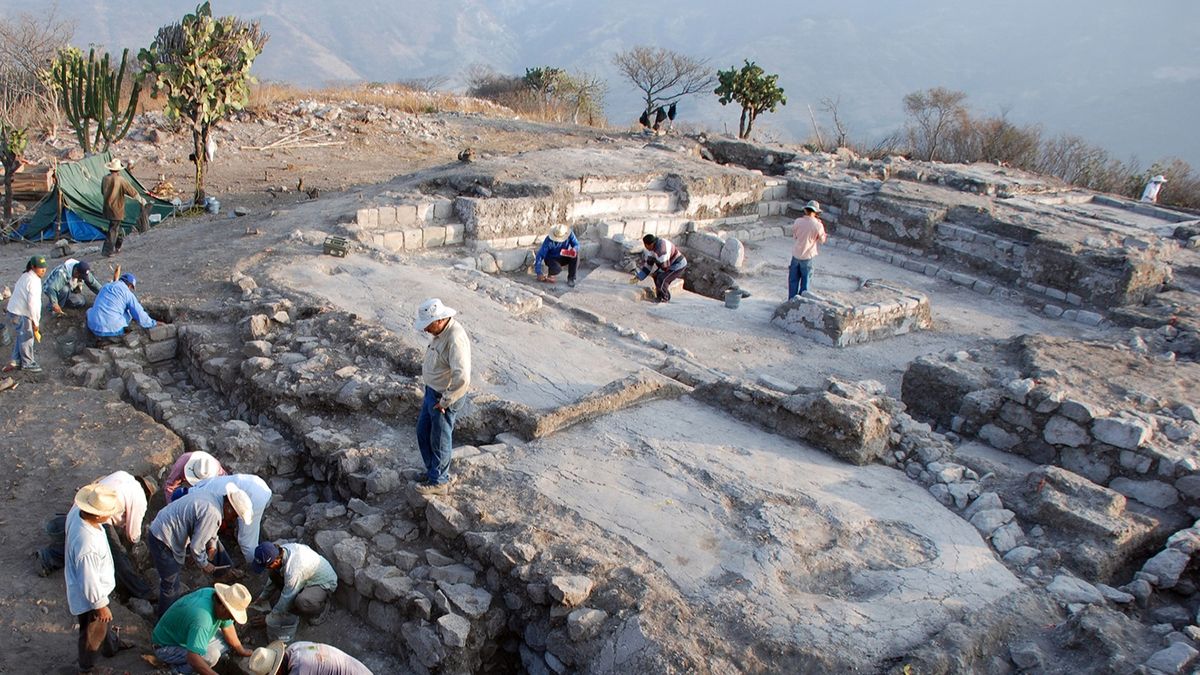Now Reading: World’s First Baby Born Through Automated IVF Process
-
01
World’s First Baby Born Through Automated IVF Process
World’s First Baby Born Through Automated IVF Process

Quick Summary
- The world’s first baby has been born thru an IVF procedure largely completed by remotely operated robots.
- This automated process focused on a method called intracytoplasmic sperm injection (ICSI), utilized in cases of male infertility.
- Scientists at Conceivable Life Sciences developed the system, which can automate 23 steps of ICSI, including sperm selection adn embryo viability evaluation using AI algorithms.
- The procedure was executed in Guadalajara,Mexico,while monitored remotely from Hudson,New York.
- Though efficient in reducing human error and standardizing processes, the automated ICSI takes longer than manual procedures (approximately 10 minutes per egg versus 1 minute manually).
- In trials involving eight eggs, five were fertilized with automation and produced four embryos; a manual method successfully fertilized three eggs into viable embryos.
- Experts emphasized that further studies are required to ensure safety and efficacy before widespread use but acknowledged the innovation’s potential to improve scalability and access to IVF treatment.
[Image: Illustration of robotic-assisted IVF shown as a needle piercing a cell]
Indian Opinion Analysis
The advent of robotic-assisted IVF procedures represents a breakthrough for reproductive medicine globally-with notable implications for India as well. Automated ICSI could alleviate constraints posed by skilled workforce shortages in fertility clinics-a notable challenge within India’s healthcare infrastructure where demand for assisted reproductive technologies remains high due to social factors like late marriages and lifestyle-driven infertility issues. By potentially lowering costs and improving accessibility through scalability, such technology could democratize advanced fertility treatments beyond metropolitan centers into smaller towns across India.
However, rigorous local testing is critical given India’s diverse population characteristics alongside ethical considerations surrounding artificial intelligence’s involvement in personal health decisions like reproduction. As India increasingly engages with cutting-edge biotech solutions including AI integration into medical fields-the balance between innovation enthusiasm vs long-term clinical safeguards must remain steadfastly considered.

























